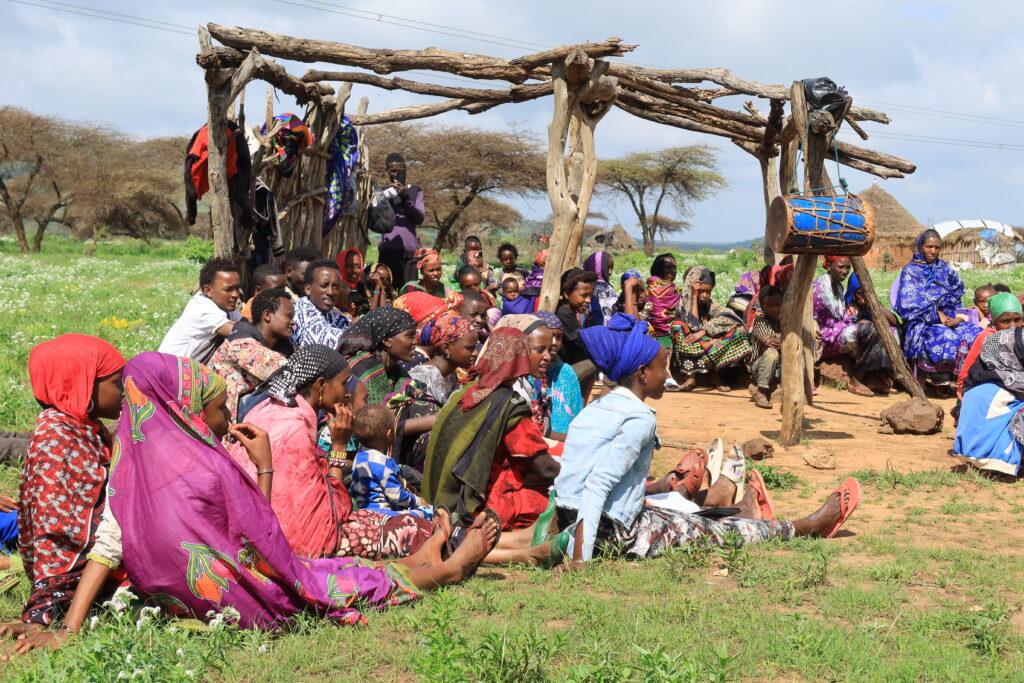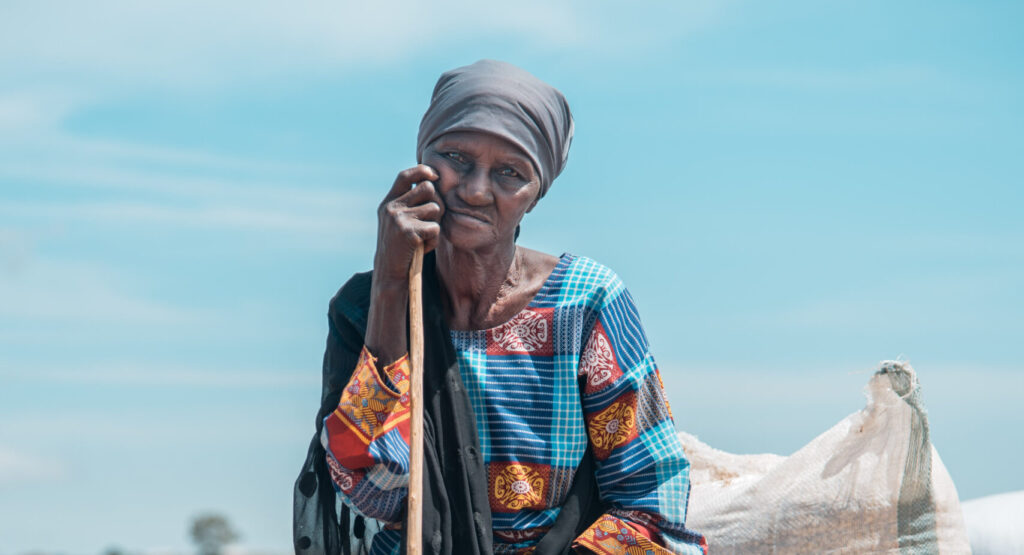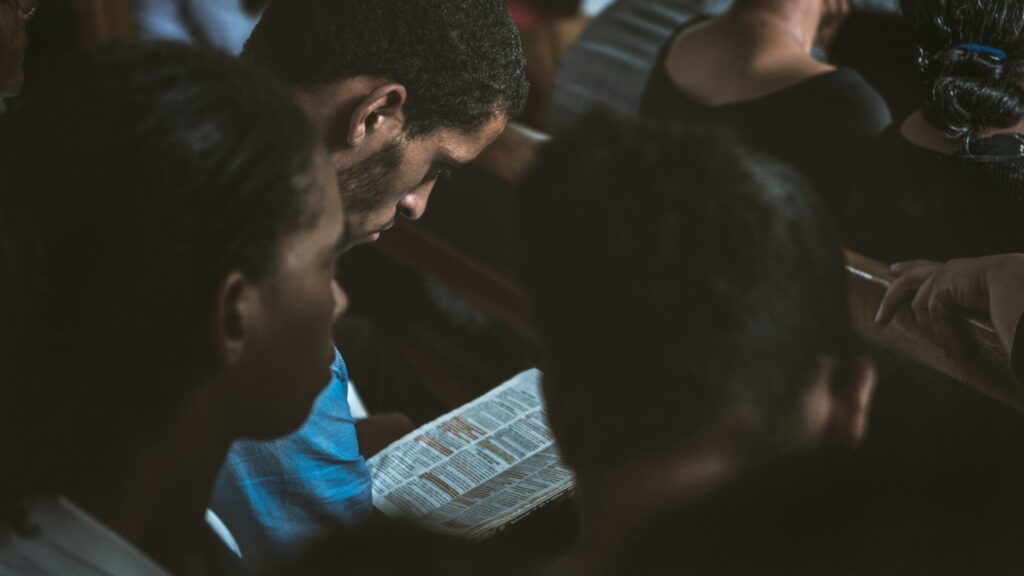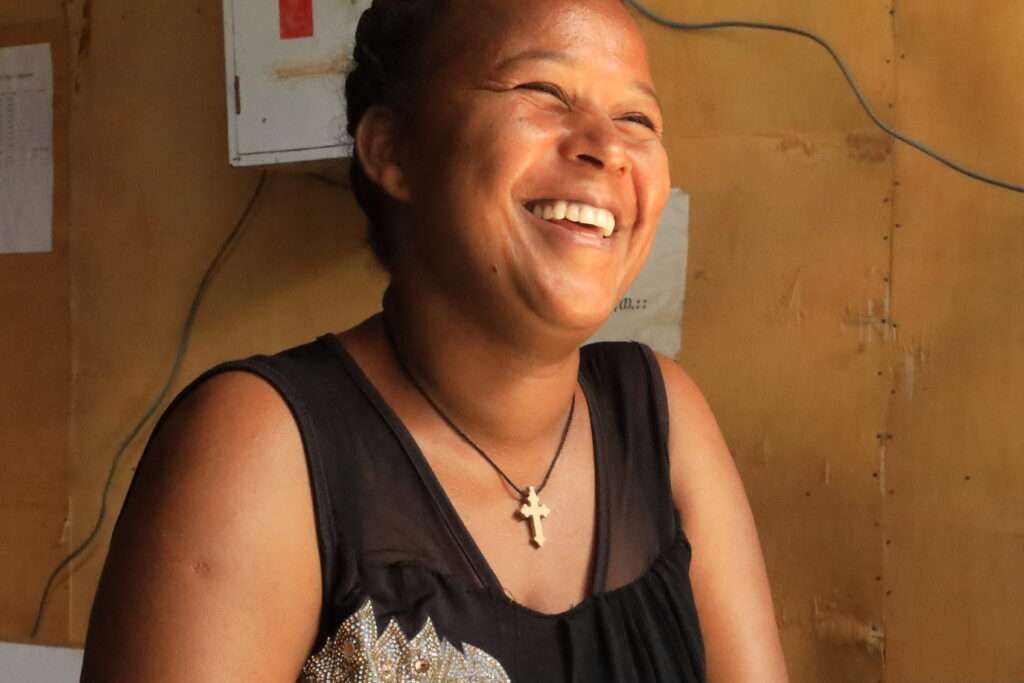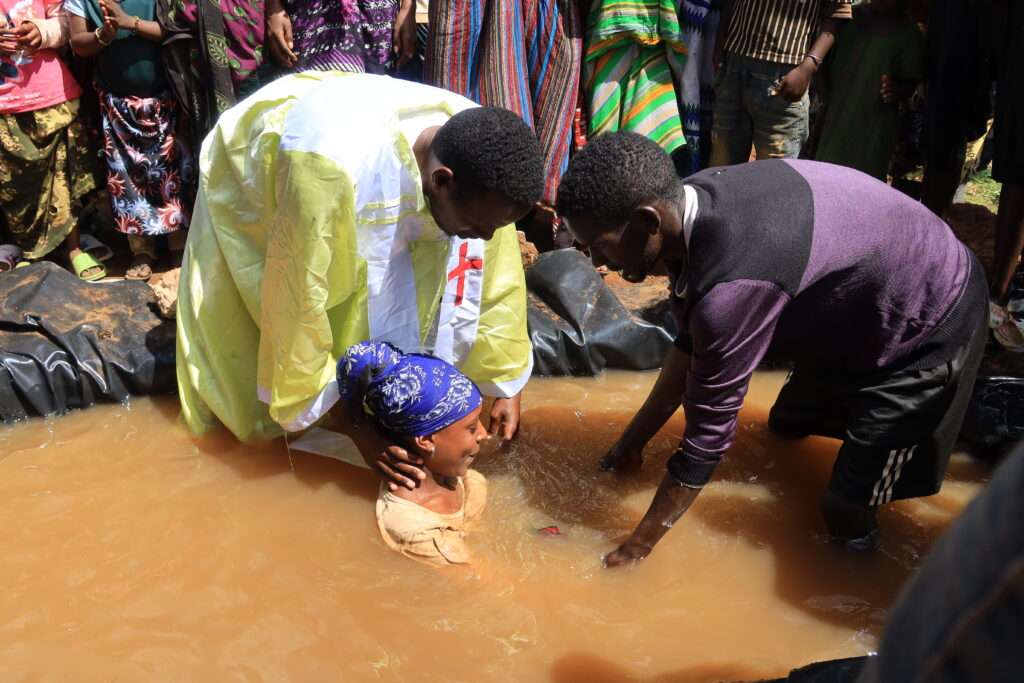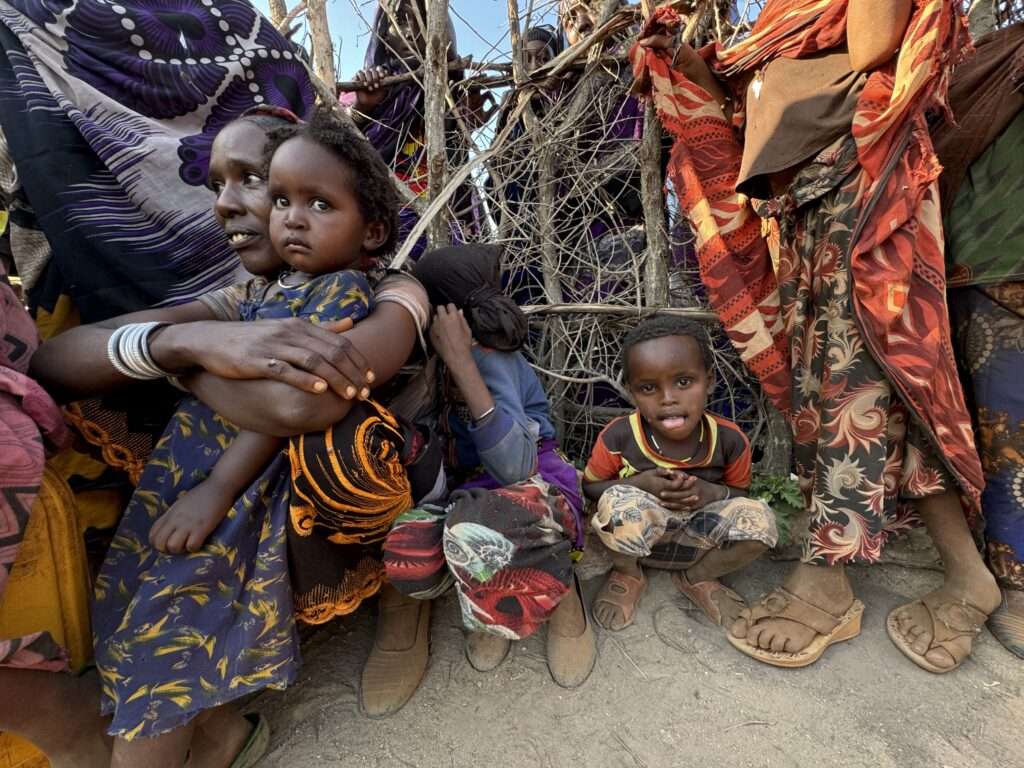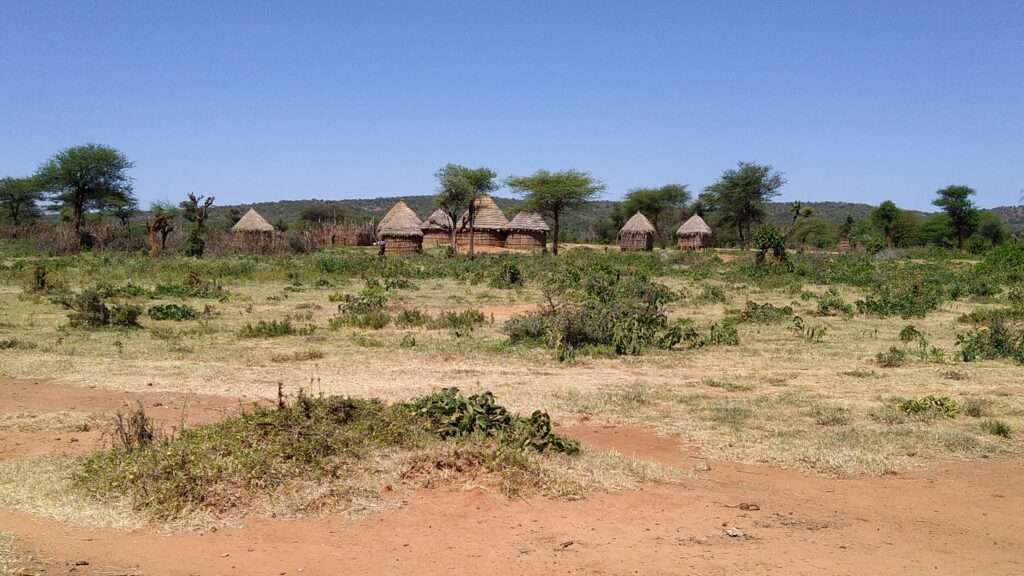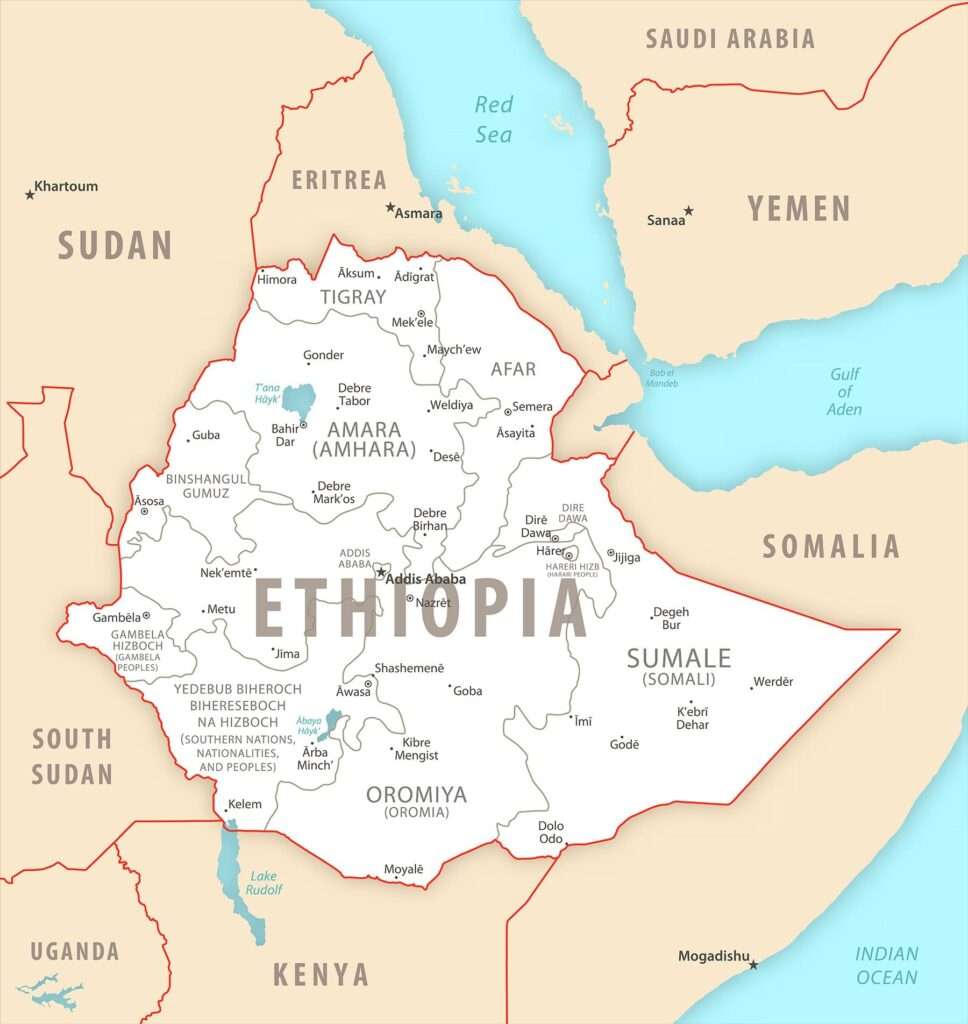LAHORE, Pakistan, March 4, 2024 (Christian Daily International–Morning Star News) – A judge in Pakistan on Friday (March 1) acquitted two Christian brothers of false blasphemy charges that had led to Muslims attacking Christian homes and businesses in Jaranwala last year, sources said.
Faisalabad Anti-Terrorism Judge Muhammad Hussain ordered the acquittal of Umar Saleem, alias Rocky, and Umair Saleem, alias Raja, after a police investigation showed they had been framed by three other Christians who bore personal enmity toward them, said Tahir Bashir, the brothers’ attorney.
The three Christians who made the false accusations of desecrating the Quran and writing blasphemous words have been arrested and charged with blasphemy, he said.
“The brothers are free and are with their family now,” Bashir told Christian Daily International-Morning Star News. “However, it is not safe for them to return to Jaranwala due to a serious threat to their lives. Though they have been acquitted from the court, there have been multiple instances where people accused of blasphemy have been killed by vigilantes despite being found innocent by the courts.”
Hundreds of Christians had fled Jaranwala when rioters attacked on Aug. 16, setting church buildings ablaze and raiding homes. The mob was estimated to have numbered around 5,000 at its peak, spurred by mosque loudspeakers announcing the Quran had been desecrated and derogatory words written against Muhammad, Islam’s prophet.
A police investigation exonerated both Christians, after which the court set them free, Bashir said.
“I filed an application under Section 265-K of the Criminal Procedure Code [CrPC] contending that no incriminating material was available against the two brothers, and nothing had been recovered from their possession, so proceeding against them would be a futile exercise,” Bashir said.
Section 265-K empowers courts to acquit a suspect at any time, even prior to the filing of charges. Bashir said that after hearing his arguments, the court acquitted both brothers, and they were released following his order.
The brothers had been charged under sections of Pakistan’s notorious blasphemy law with “deliberate and malicious acts intended to outrage religious feelings” (Sections 295-A), defiling the Quran (295-B) and derogatory remarks about Muhammad (295-C), which carries a mandatory death penalty. They were also charged under Section 9 of the Anti-Terrorism Act, which pertains to the “prohibition of acts intended or likely to stir up sectarian hatred.”
To date, no death sentence has been carried out under Pakistan’s blasphemy laws.
Dozens of Christian homes and about 20 church buildings were damaged and ransacked by Muslim mobs in Jaranwala after the accusations surfaced. Faisalabad police detained more than 300 suspects.
Justices at the Supreme Court, also hearing a case related to the Jaranwala attacks, said at a recent hearing that they regretted that state officials become intimidated by troublemakers who incite people to attack properties of religious minorities.
The court also rejected a report by the Punjab government, with justices noting that the manner in which police carried out the investigation and apparent hesitation in identifying culprits would only bring disrepute to the force.
Pakistan’s blasphemy laws, vehemently upheld by Islamist parties, mandate the death penalty for defaming Muhammad and make insulting the Quran or Islam punishable with life imprisonment.
Unproven allegations of offending Islam can lead to murders and lynchings. Christians, who make up less than 2 percent of Pakistan’s population, are among the lowest social strata and frequently fall victim to baseless blasphemy claims. Other religious minorities, as well as politicians, lawyers, and students, have been killed over similar accusations or for defending those accused of blasphemy.
Pakistan ranked seventh on Open Doors’ 2024 World Watch List of the most difficult places to be a Christian, as it was the previous year.


